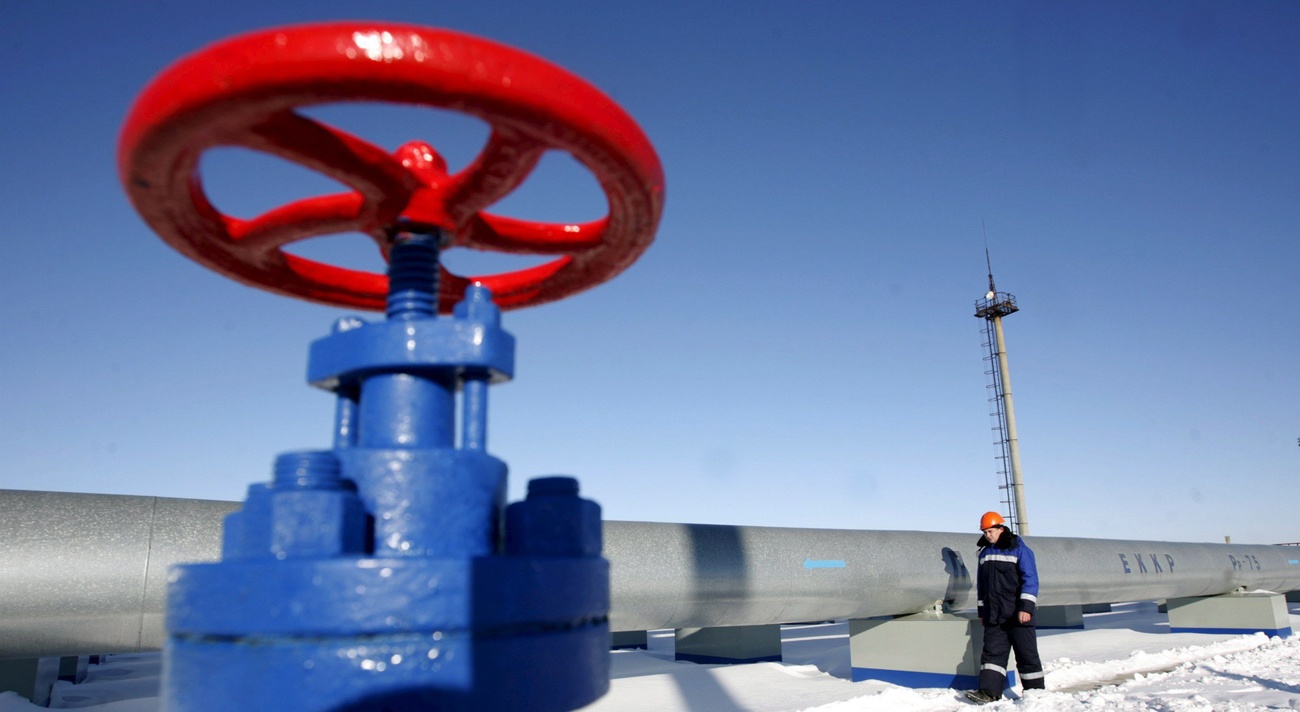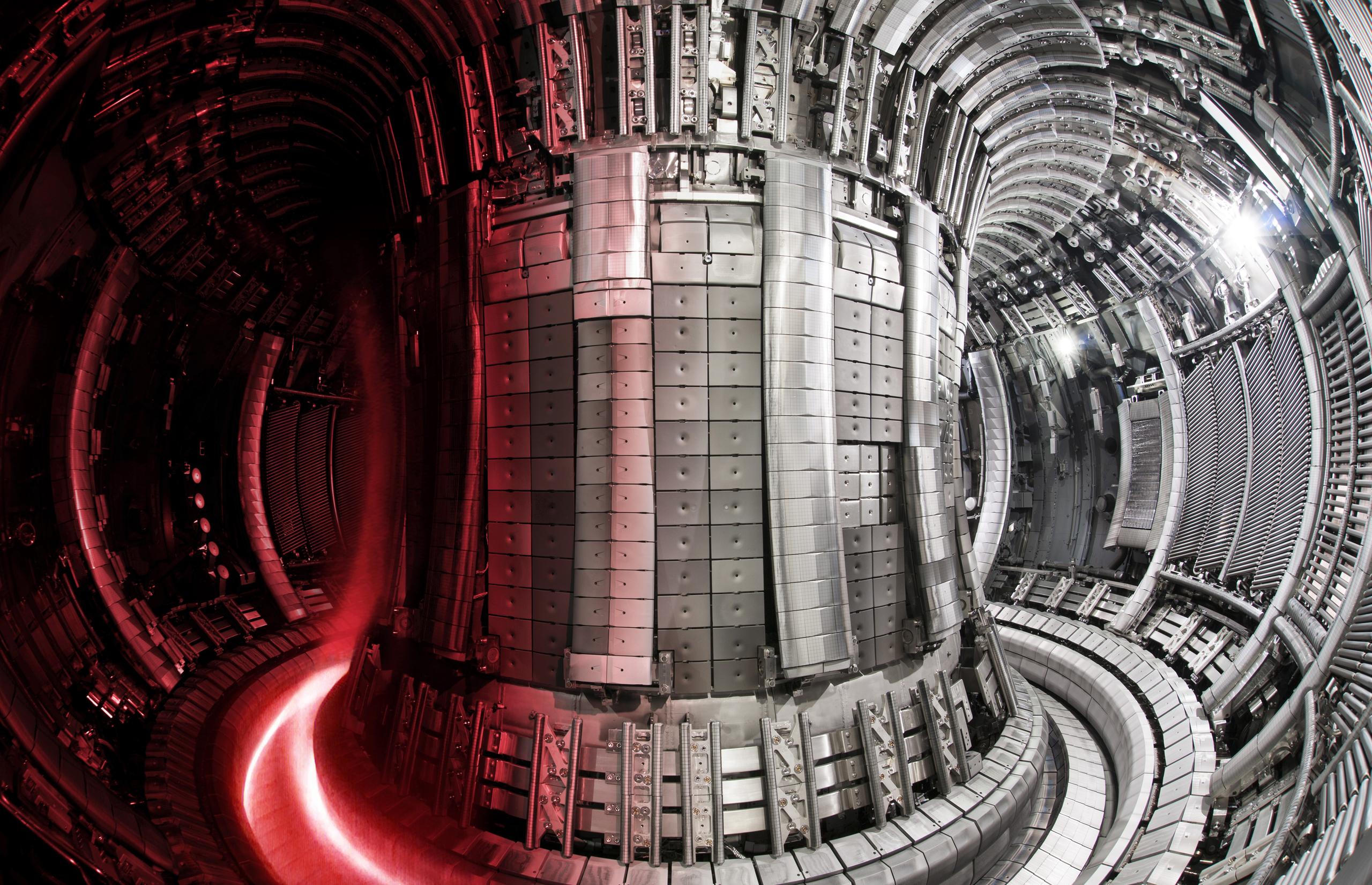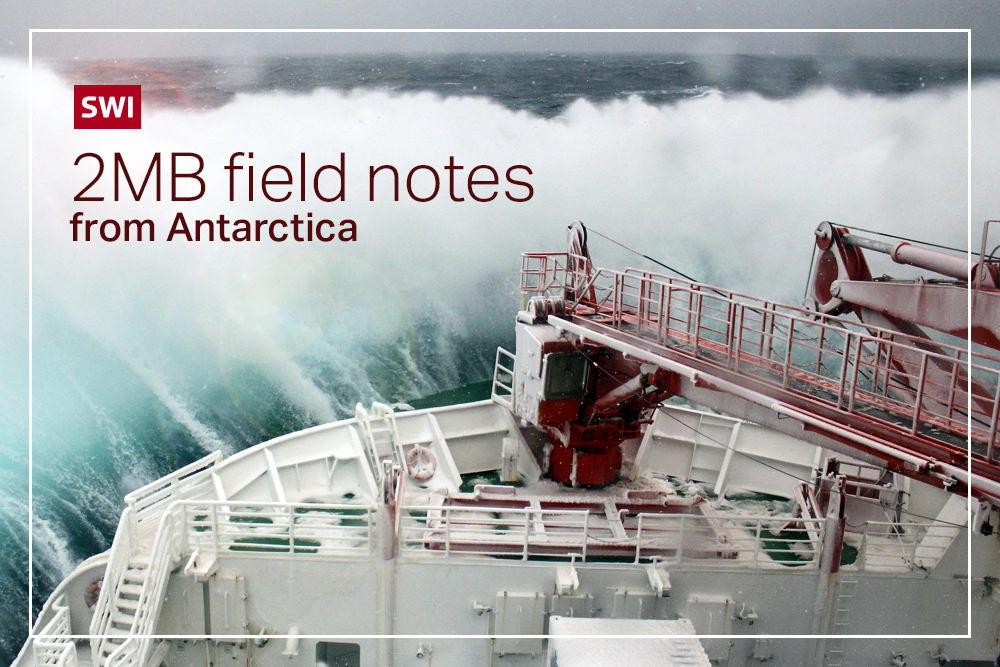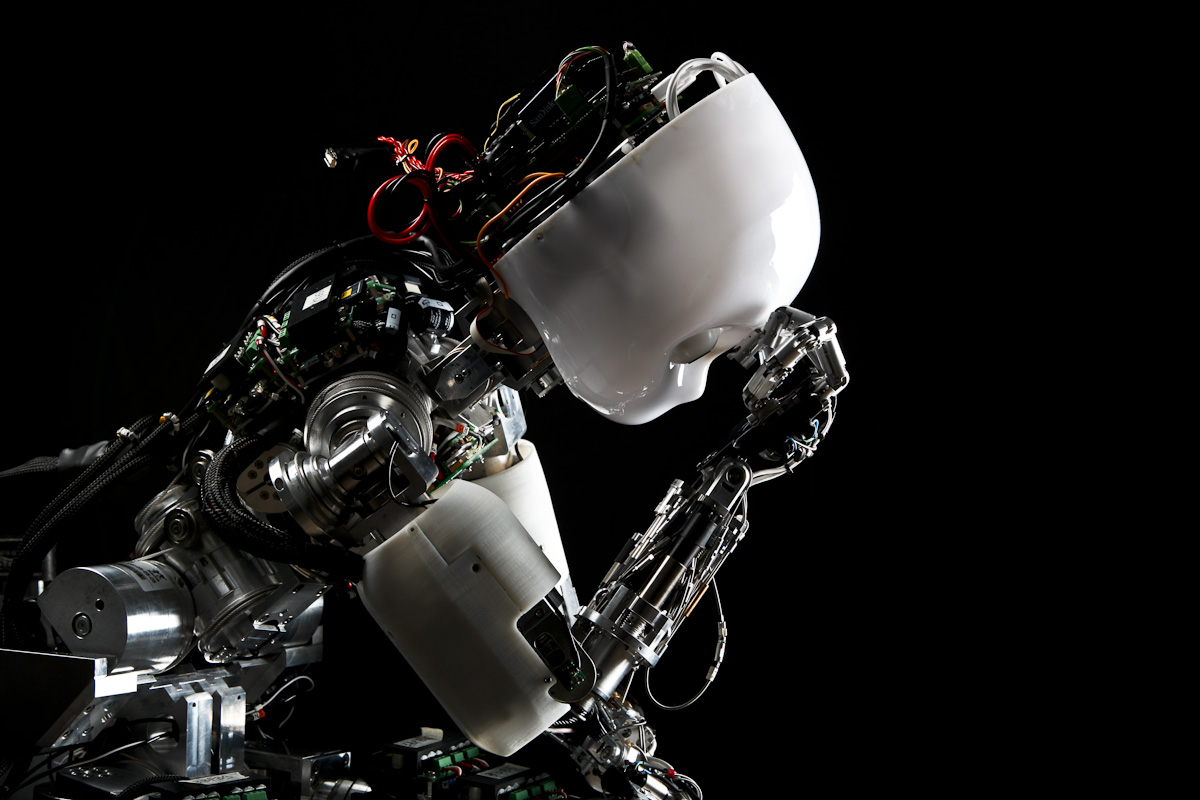
Nuclear yes or nuclear no: where does Switzerland’s energy strategy go?
With the energy crisis generated by the war in Ukraine, the talk of nuclear power is back. Five years after the decision to decommission nuclear power plants, Switzerland is still behind the goals set for its transition to renewables.
On 21 May 2017, the Swiss people voted to gradually decommission existing nuclear power plants, ban the construction of new ones and adopt the ‘Energy Strategy 2050’. This was the government’s plan to promote the transition from nuclear to renewable energy and to reduce dependence on fossil fuels.
However, this transition is not happening fast enough according to the plan. Although 76% of the electricity consumed in Switzerland comes from renewable sources (2020 figure), not all of it is produced domestically. The country is still very dependent on imports (around 72% in 2020) and is therefore sensitive to price fluctuations on the European electricity market.
The four still-active nuclear reactors on Swiss soil produce almost 40% of the country’s electricity. And almost half of the gas used in Switzerland, or 15% of total energy consumption, comes from Russia.
Where can Switzerland get more energy?
Russia’s war in Ukraine has made it even more urgent to increase domestic energy production and make the supply more secure in the long term. One way to do this would be to strengthen cooperation with Europe, on which Switzerland is dependent for the transport of imported energy but with which relations remain tense. Another way is to accelerate the transition to renewable energies, as Environment Minister Simonetta Sommaruga has also stated.
Increasing gas storage capacity – which is currently limited in Switzerland – and relying on an energy mix that achieves a balance between energy stability, sustainability and sovereignty are also cornerstones of the 2050 energy strategy. But can this be achieved while giving up nuclear power?
Scientists are divided on this issue. To mark five years since the Energy Strategy 2050 was passed at the ballot box, we sought the opinion of two of them, who are on opposite sides: Fabian Lüscher, head of the atomic energy department at the Swiss Energy Foundation (SES), who is against a return to nuclear power, and Natalia Amosova, an engineer and energy consultant, who is convinced that nuclear power is the clean and modern answer to the pollution caused by fossil fuels. You can read two excerpts of their inputs below, where the two experts compare France (pro nuclear) and Germany’s (against nuclear) approaches:
“While the nuclear spirit of the 1960s is invoked in Switzerland in the name of a reliable electricity supply, half of the reactors in France are shut down for safety reasons”, says Lüscher
“Instead of phasing out coal and gas, developing renewable energies and continuing to rely on nuclear technology for base load – a system that has provided Germany with reliable and safe electricity for decades –, [Berlin] made the decision to become dependent on Russia”, says Amosova.
Their full pieces are available in Italian and German on our website.
Other types of nuclear energy
Meanwhile, Switzerland is home to a number of projects aimed at reinventing nuclear energy. One of these, which we have told you about, seeks to develop a new type of reactor fuelled by thorium instead of uranium. This technology could allow electricity to be generated more safely and without radioactive waste.
Then there is the Swiss Plasma Center at the Swiss Federal Institute of Technology in Lausanne, one of the most important research laboratories in the field of nuclear fusion energy. This is a process that allows energy to be generated cleanly, reproducing what happens in the core of the sun and other stars. But the institute’s work is being jeopardised by the impasse between Berne and Brussels after the breakdown of negotiations on the framework agreement with the European Union (EU). Since then, relations between Switzerland and the EU have been strained and Swiss participation in European research projects has been suspended.
Do you think it is a mistake to abandon nuclear power or is it right to focus on renewable energy sources? Let me know what you think or get involved in the debate below with my colleague Luigi Jorio who covers energy technology for us:
More
The editors’ choices:

More
What the Ukraine war means for Switzerland’s energy policy

More
EU-Swiss political deadlock throws shadow over nuclear fusion research

More
How a Swiss start-up wants to reinvent nuclear energy

More
When storm ‘Gabriel’ hit the Weddell Sea

More
‘We are destroying the planet to feed ourselves’

More
Swiss robotics moves from research to delivering products

In compliance with the JTI standards
More: SWI swissinfo.ch certified by the Journalism Trust Initiative































You can find an overview of ongoing debates with our journalists here . Please join us!
If you want to start a conversation about a topic raised in this article or want to report factual errors, email us at english@swissinfo.ch.